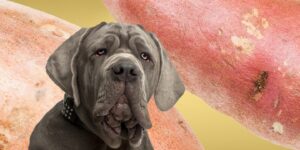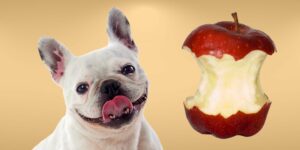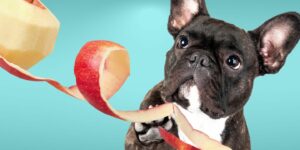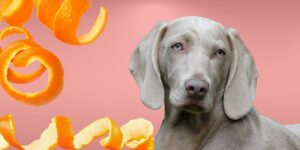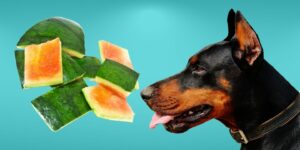The short answer is no, dogs should not eat corn cobs. Corn cobs can be a choking hazard for dogs and can cause digestive issues if ingested. However, corn itself can be a healthy addition to a dog's diet when given in moderation and prepared properly.
Why Corn Cobs Are Dangerous for Dogs
Corn cobs are dangerous for dogs because they can easily get stuck in a dog's throat, causing them to choke. Additionally, corn cobs are difficult for dogs to digest and can cause blockages in their intestines if ingested. These blockages can be very dangerous and may require surgery to remove.
What to Do If Your Dog Eats a Corn Cob
If your dog has eaten a corn cob, it's important to take them to the veterinarian immediately. The vet will be able to determine if the corn cob has caused any blockages and will be able to treat your dog accordingly.
Can Dogs Eat Corn?
While corn cobs should not be given to dogs, corn itself is not toxic to dogs and can be given to them in moderation as part of a balanced diet. It's important to only feed your dog small, cooked pieces of corn and to avoid feeding them large amounts of corn at once. It's also a good idea to check with your veterinarian before adding corn to your dog's diet.
Benefits of Corn for Dogs
Corn can provide some health benefits for dogs when given in moderation. Some benefits of corn for dogs include:
Vitamins and Minerals
Corn contains essential vitamins and minerals such as vitamin C, B vitamins, magnesium, and potassium, which can help support your dog's overall health.
Fiber
Corn is a source of dietary fiber, which can help promote healthy digestion and bowel movements in dogs.
Energy
As a carbohydrate, corn can provide energy for active dogs, which can be beneficial for their overall wellbeing.
Potential Issues with Feeding Corn to Dogs
Though corn can be a healthy addition to your dog's diet, there are some potential issues that can arise from feeding corn to dogs. These include:
Allergies
Some dogs may be allergic to corn, which can cause symptoms such as itching, skin irritation, and gastrointestinal upset. If you suspect your dog is allergic to corn, consult your veterinarian.
Weight Gain
Excessive consumption of corn can lead to weight gain in dogs, as it is a calorie-dense food. It's important to monitor your dog's weight and adjust their diet accordingly.
Pesticides and GMOs
Corn is often treated with pesticides and may be genetically modified (GMO). These factors can potentially cause health issues for your dog, so it's important to choose organic, non-GMO corn when possible.
Safe Ways to Feed Corn to Dogs
If you decide to include corn in your dog's diet, it's important to do so safely. Some tips for safely feeding corn to dogs include:
Cooking the Corn
Always cook the corn before feeding it to your dog, as raw corn can be difficult for them to digest.
Remove Kernels from the Cob
Only feed your dog the corn kernels and not the cob, as the cob can pose a choking hazard and cause digestive issues.
Portion Control
Only feed your dog small amounts of corn at a time, as too much can lead to weight gain or gastrointestinal issues.
Alternatives to Corn for Dogs
If you're looking for alternative sources of nutrients for your dog, there are other healthy options available. Some alternatives to corn for dogs include:
Vegetables
Other vegetables, such as carrots, green beans, and sweet potatoes, can provide similar health benefits to corn without posing the same risks.
Fruits
Fruits such as apples, blueberries, and watermelon can also be a healthy addition to your dog's diet, providing essential vitamins and minerals.
Whole Grains
Whole grains, such as brown rice and quinoa, can be a good source of carbohydrates and fiber for your dog.
Conclusion
While corn itself can be a healthy addition to your dog's diet when given in moderation, it is important to avoid feeding your dog corn cobs. Corn cobs can be dangerous for dogs, posing a choking hazard and causing digestive issues if ingested. Always consult with your veterinarian before making any changes to your dog's diet.



